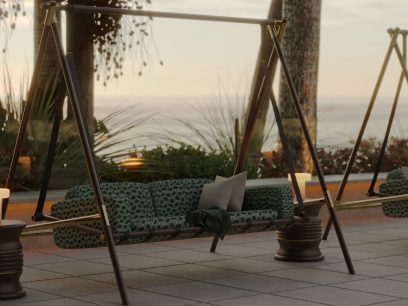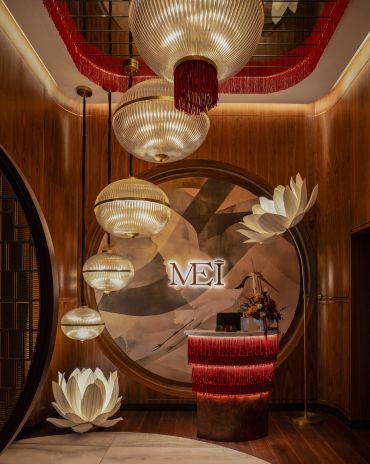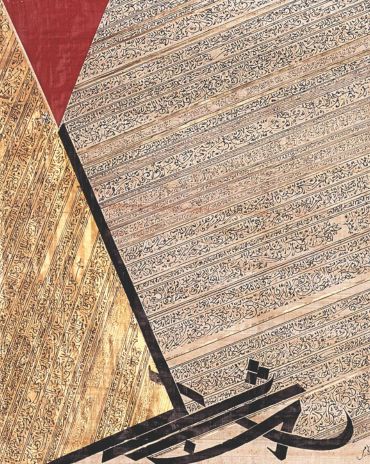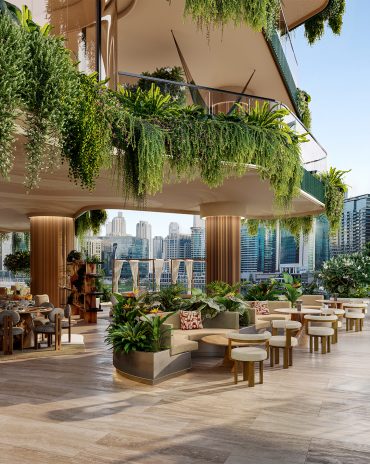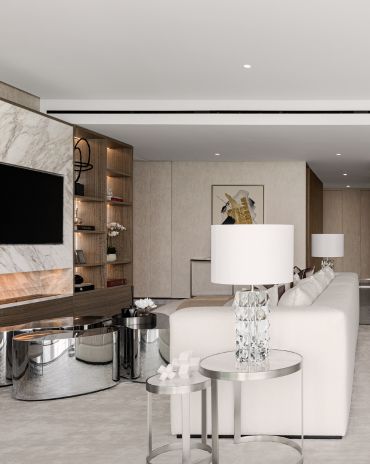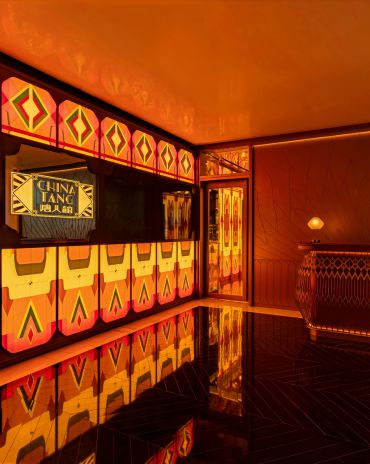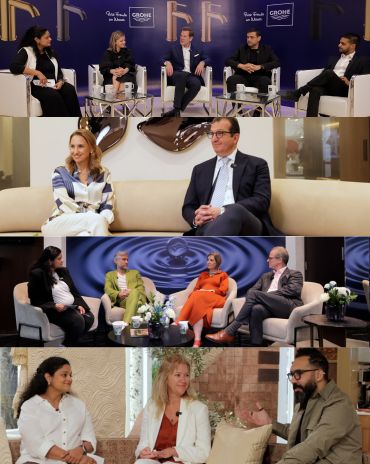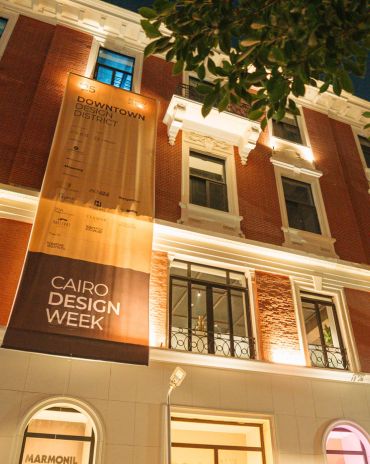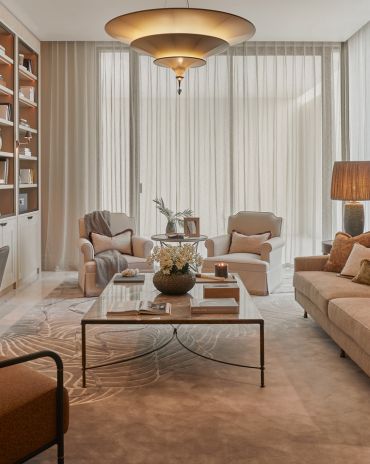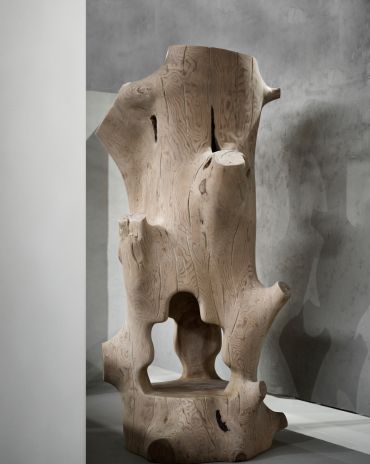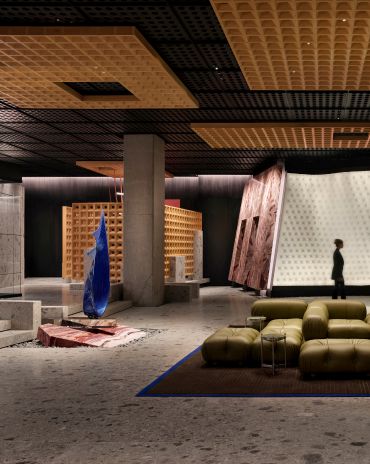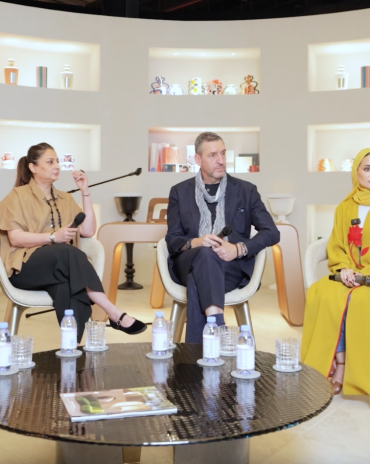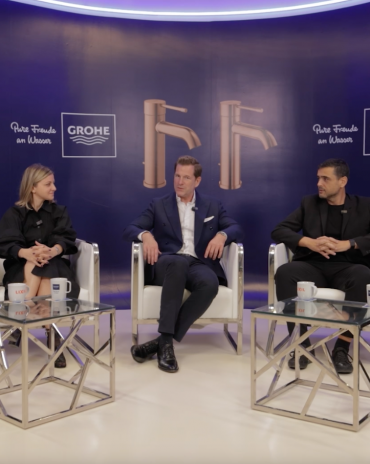Copyright © 2025 Motivate Media Group. All rights reserved.
Rebuilding Beirut: ‘We should think of reconstruction methods that rely on local know-how’ says Bernard Khoury
Beirut-based architects and designers share stories from the day of the Beirut blast
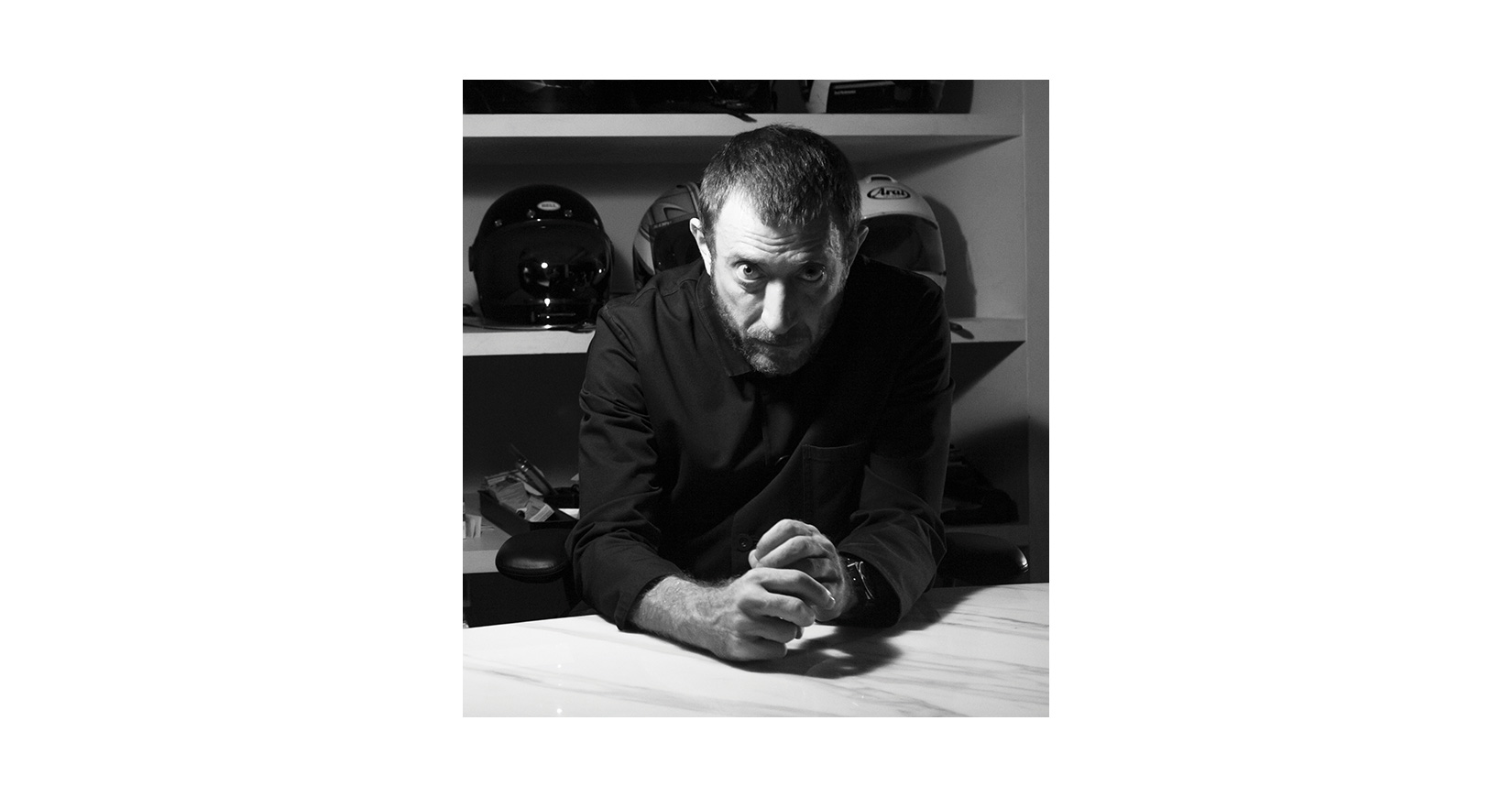
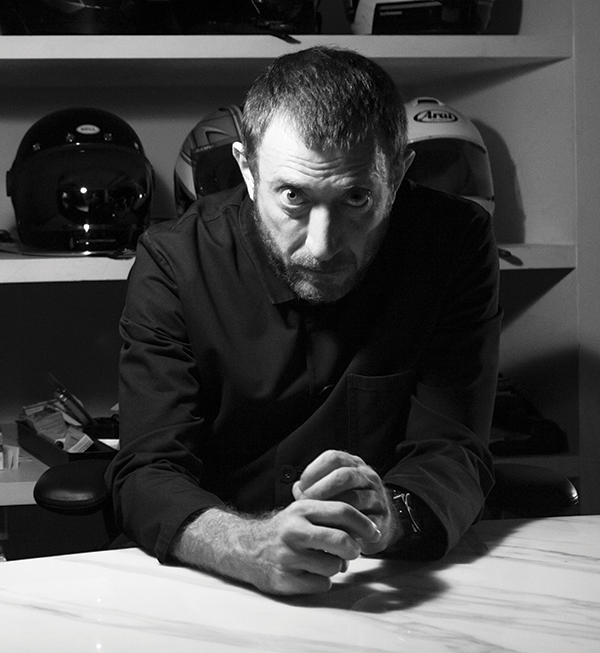 Can you describe your experience in the moment of the blast on August 4? Bernard Khoury: I was trying to open a large window. The lock was jammed. The blast blew the window open. All doors, windows and frames flew out of place. Our office is located in the quarantine sector, in the vicinity of the port. It was heavily damaged. There were about 15 of us in the office, but our injuries were not too serious: bad cuts resulting in stitches. We’re all fine, and the office is being rehabilitated. Good soldiers get back on their feet instantaneously.
Can you describe your experience in the moment of the blast on August 4? Bernard Khoury: I was trying to open a large window. The lock was jammed. The blast blew the window open. All doors, windows and frames flew out of place. Our office is located in the quarantine sector, in the vicinity of the port. It was heavily damaged. There were about 15 of us in the office, but our injuries were not too serious: bad cuts resulting in stitches. We’re all fine, and the office is being rehabilitated. Good soldiers get back on their feet instantaneously.
How are you currently feeling after the incident? Invincible but somehow tired.
Did your projects suffer any damages? Many of our buildings got damaged; some much more than others. Buildings can also heal, but the scars should remain visible.
The level of community and solidarity between the Lebanese community has been such an inspiration to everyone. Do you have hope that you will be able to rebuild the city? Our city is in constant convalescence. It has been the case for the past few decades. Since my return to the so-called ‘post-war Beirut’, I have worked on a number of delicate and complex situations. In the absence of a serious and collective approach to reconstruction, we have – and will – deal with each specific situation by bringing forward meaningful strategies for each and every condition.
How do you think the design and architecture community in Lebanon and outside can come together to rebuild the studios, homes and heritage buildings? What is more important than architecture is what precedes the architectural act. So far, we have seen heroic initiatives from the civil society. The bankrupt and corrupt state institutions have, once again, failed to perform the most basic tasks and responsibilities that were supposedly given to them.
“We should think of rehabilitation and reconstruction methods that rely on local know-how rather than blindly adopting international standards of the construction industry.”
What are some of the main challenges in rebuilding the city? The most obvious challenge is financial. This city is in desperate need of funds. These will hopefully be given to non-governmental organisations that will channel them directly and in the most effective ways, where needed. On a more architectural and technical level, we should think of rehabilitation and reconstruction methods that rely on local know-how rather than blindly adopting international standards of the construction industry, including the sky-rocketing costs of imports and all materials that rely on foreign currencies. We should revive and reconnect with local artisans and take this opportunity to celebrate their know-how. This is not just a pragmatic and economical posture. It is a form of resistance; it is also a political act.
Are you able to comprehend what the future in Beirut may look like and what is everyone’s responsibility in this? I am much more worried about the present. Give the present the seriousness it deserves, and the future will take care of itself.
The Latest
Design Take: MEI by 4SPACE
Where heritage meets modern design.
The Choreographer of Letters
Taking place at the Bassam Freiha Art Foundation until 25 January 2026, this landmark exhibition features Nja Mahdaoui, one of the most influential figures in Arab modern art
Saving Our Planet Through Regenerative Architecture
Eywa Tree of Life is designed to harmonise with nature, restore surrounding ecosystems, and support human health and longevity.
A Home Away from Home
This home, designed by Blush International at the Atlantis The Royal Residences, perfectly balances practicality and beauty
Design Take: China Tang Dubai
Heritage aesthetics redefined through scale, texture, and vision.
Dubai Design Week: A Retrospective
The identity team were actively involved in Dubai Design Week and Downtown Design, capturing collaborations and taking part in key dialogues with the industry. Here’s an overview.
Highlights of Cairo Design Week 2025
Art, architecture, and culture shaped up this year's Cairo Design Week.
A Modern Haven
Sophie Paterson Interiors brings a refined, contemporary sensibility to a family home in Oman, blending soft luxury with subtle nods to local heritage
Past Reveals Future
Maison&Objet Paris returns from 15 to 19 January 2026 under the banner of excellence and savoir-faire
Sensory Design
Designed by Wangan Studio, this avant-garde space, dedicated to care, feels like a contemporary art gallery
Winner’s Panel with IF Hub
identity gathered for a conversation on 'The Art of Design - Curation and Storytelling'.
Building Spaces That Endure
identity hosted a panel in collaboration with GROHE.

